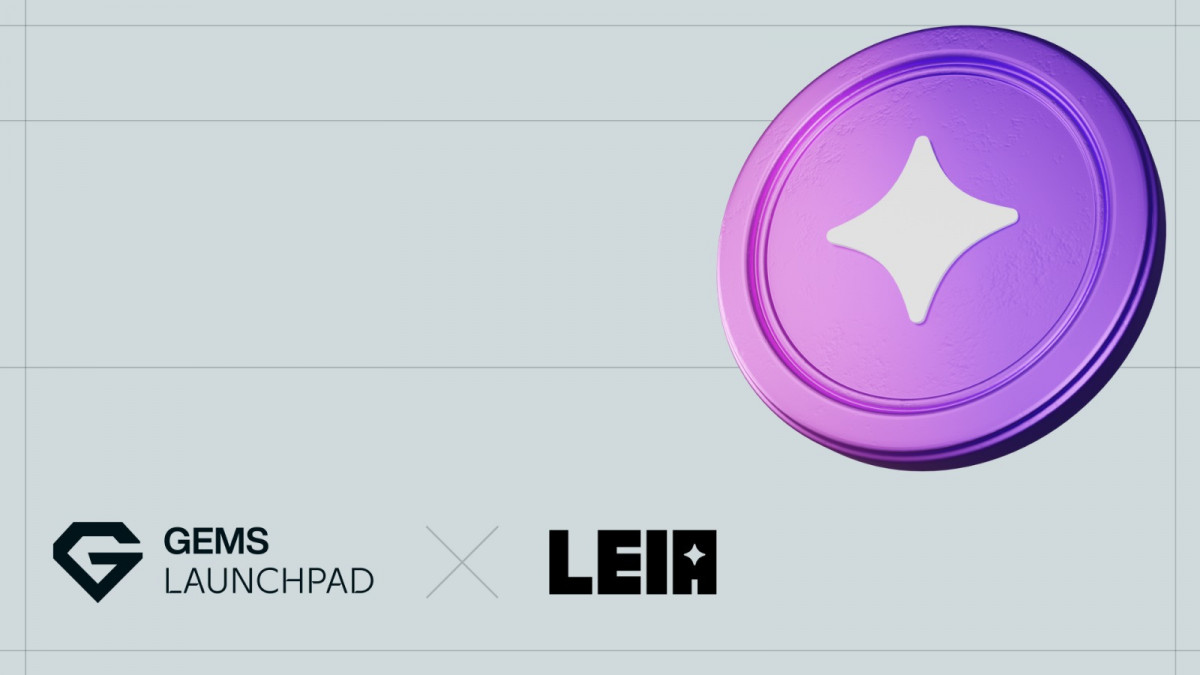Gala Games, an Ethereum-based play-to-earn gaming company, is trying to calm investors after an apparent multi-billion exploit of its native token GALA triggered an over 20% drop in its value Thursday. According to the company, the attack was a self-inflicted security measure.
Blockchain security company PeckShield flagged that a single wallet address appeared to mint over US$2 billion worth of GALA tokens unexpectedly on Friday, raising fears of a cyberattack.
However, pNetwork, which provides cross-chain support for decentralized finance (Defi) and gaming tokens such as GALA, soon claimed it was behind the ordeal. Cross-chain bridges are decentralized applications that enable the transfer of assets from one blockchain to another.
“We noticed pGALA [GALA tokens transacted through the pNetwork] wasn’t to be considered safe anymore and coordinated the white hat attack to prevent pGALA from being maliciously exploited,” said the pNetwork on Twitter. The network explained the issue was due to a “misconfiguration of the p.Network bridge,” specifically, a “PancakeSwap pool,” which let users swap pGALA tokens with tokens from the Binance Smart Chain (BSC).
This year is on track to be the biggest year ever for crypto hacks, with cross-chain bridges accounting for over half of the stolen funds, according to Blockchain analytics firm Chainalysis.
See related article: Crypto hackers on track for bonanza year as theft surges, Chainalysis says
“All GALA tokens on Ethereum as well as the underlying bridge collateral are SAFE,” pNetwork said. “For the time being, please consider the existing PancakeSwap pool to be invalid.”
pNetwork will launch a new pGALA token to replace those who had funds in the drained pool. Within two hours of the suspicious token creation, the price of GALA dropped over 20%. The price has since recovered after pNetwork’s announcements, with GALA now down only 12% to about US$0.03 over 24 hours.
On Twitter, Gala Games reshared pNetwork’s statements and said the network was “not hacked, breached, or exploited in any way.” But some Twitter users have voiced skepticism about pNetwork’s telling of the story.
Had a hacker successfully completed an exploit, they may have been able to apply for a maximum bounty of US$1,000,000 for exposing the flaw, according to pNetwork’s site.
Last month, the perpetrator of a US$9.1 million hack of the decentralized protocol Moola Market returned stolen funds for an undisclosed ransom.
See related article: Moola Market DeFi hacker returns US$9 mln in stolen funds for bounty
Read More: news.google.com








 Bitcoin
Bitcoin  Ethereum
Ethereum  Tether
Tether  XRP
XRP  Solana
Solana  Dogecoin
Dogecoin  USDC
USDC  Cardano
Cardano  Lido Staked Ether
Lido Staked Ether  TRON
TRON  Avalanche
Avalanche  Sui
Sui  Wrapped stETH
Wrapped stETH  Toncoin
Toncoin  Chainlink
Chainlink  Stellar
Stellar  Wrapped Bitcoin
Wrapped Bitcoin  Shiba Inu
Shiba Inu  Hedera
Hedera  Polkadot
Polkadot  WETH
WETH  Bitcoin Cash
Bitcoin Cash  LEO Token
LEO Token  Uniswap
Uniswap  Hyperliquid
Hyperliquid  Litecoin
Litecoin  Pepe
Pepe  Wrapped eETH
Wrapped eETH  NEAR Protocol
NEAR Protocol  Ethena USDe
Ethena USDe  USDS
USDS  Internet Computer
Internet Computer  Aptos
Aptos  Aave
Aave  Mantle
Mantle  Cronos
Cronos  Render
Render  POL (ex-MATIC)
POL (ex-MATIC)  Bittensor
Bittensor  MANTRA
MANTRA  Ethereum Classic
Ethereum Classic  Virtuals Protocol
Virtuals Protocol  WhiteBIT Coin
WhiteBIT Coin  Monero
Monero  Artificial Superintelligence Alliance
Artificial Superintelligence Alliance  Dai
Dai  Tokenize Xchange
Tokenize Xchange